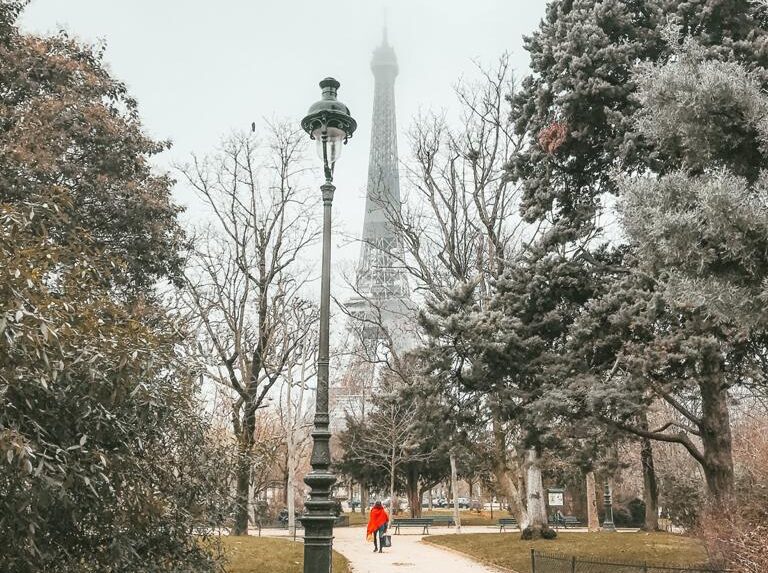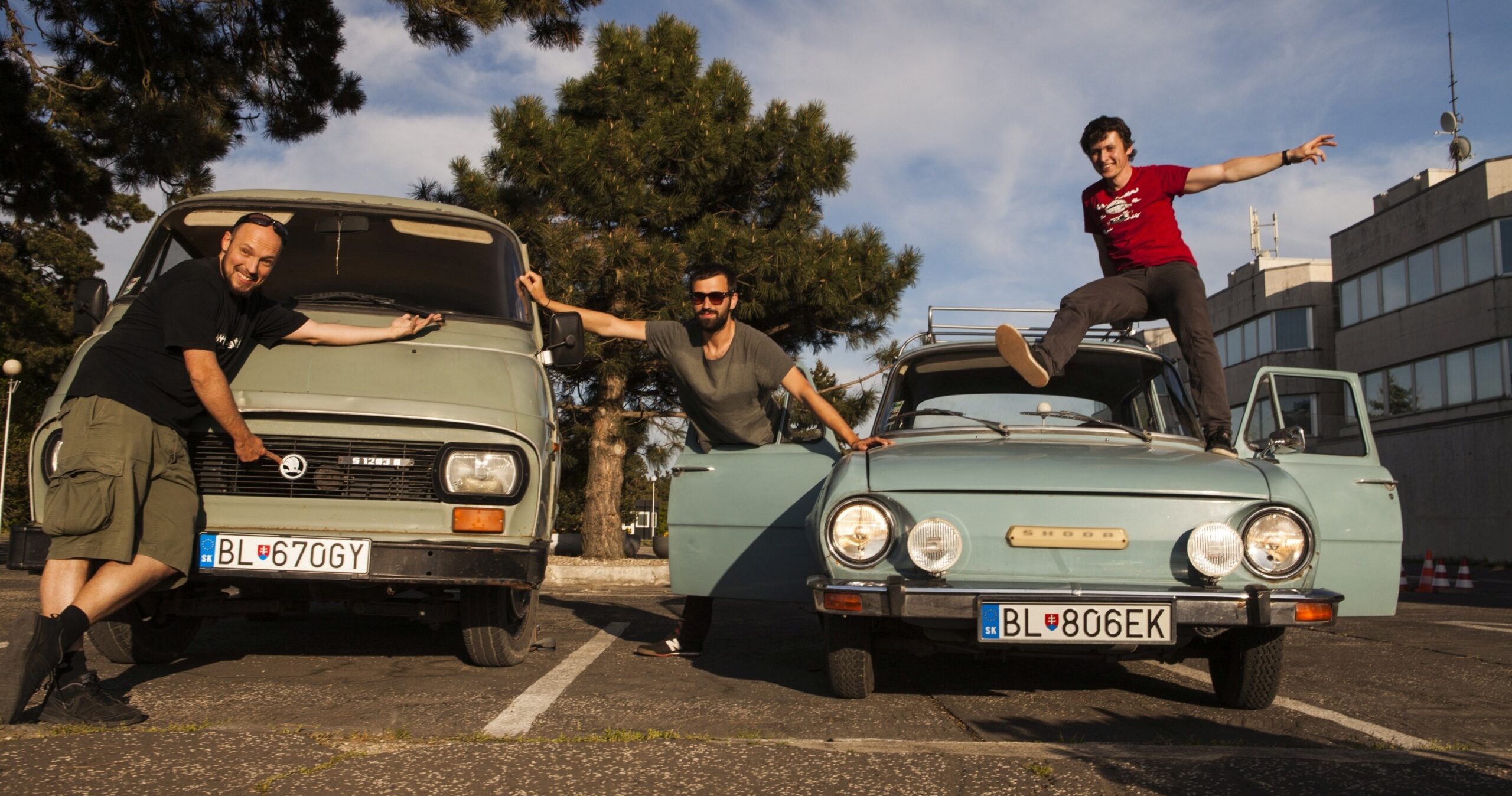My very last international trip before the global pandemic hit churned with upheaval. I arrived in France in December of 2019 amidst rain storms and the start of the country's largest transportation strike in three decades. With nearly all metro, bus and even air travel ceasing operations my grand plans of enjoying the city after a business trip ground to a halt. Despite the disruptions to travel and blustery skies, my friend Lucie, a Paris local, swooped into the rescue, helping me find light in the darkness over live music and beef bourguignonne at Le François Felix. Two nights later Lucie and her partner François welcomed me to their apartment for a dinner party. Wine and conversation flowed over fondu and buche de noel filling me with such a warm feeling of belonging. Moments like this in harmony with friends and strangers are what I miss most about pre-pandemic life.
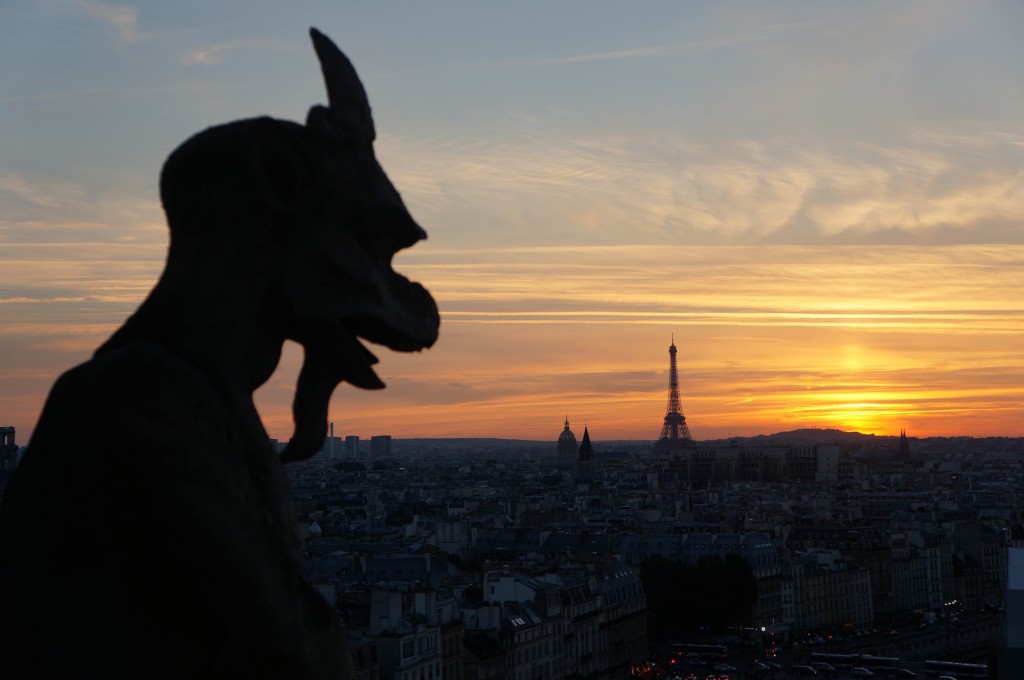
Life in France during the COVID-19 Pandemic
This Week We’re Talking To: Lucie Merieux, France
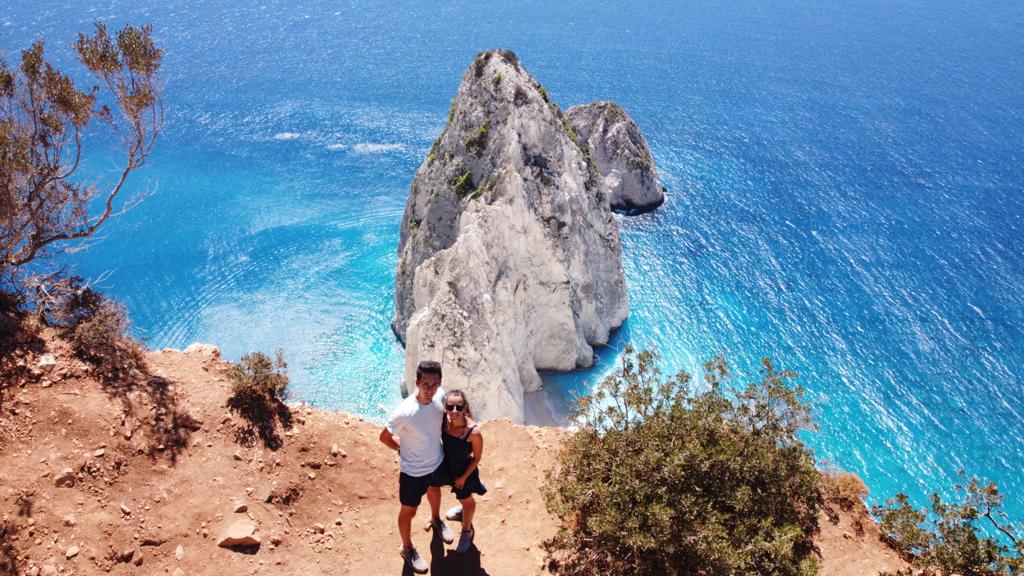
Lucie Merieux is a marketing consultant and avid traveler who lives in Paris. We first met while working for a travel marketing agency in Los Angeles, connecting over our mutual deep love of exploring the world. Read on for our letter from lockdown conversation to learn what life has been like in France during the COVID-19 pandemic.
Slovakia is no stranger to difficult times.
For four decades, Bratislava, the capital of the land locked nation in Central Europe, lay behind the Iron Curtain, closed off from the West and ruled by the Soviets under a strict and oppressive Communist government. What is today known as Slovakia had yet to stand as its own, rather forming part of the larger Czechoslovakia.
After the fall of Communism in 1989, Czechoslovakia peacefully split into two separate nations in what was known as the Velvet Revolution and Slovakia became an independent country in 2003. Though 25 years have passed since the Velvet Revolution and Communism has become part of the country’s past, Slovakia has undergone rapid transformations in recent years, becoming a hotspot for adventurous travelers and artists.

This Week We’re Talking To: Braňo Chrenka, Slovakia
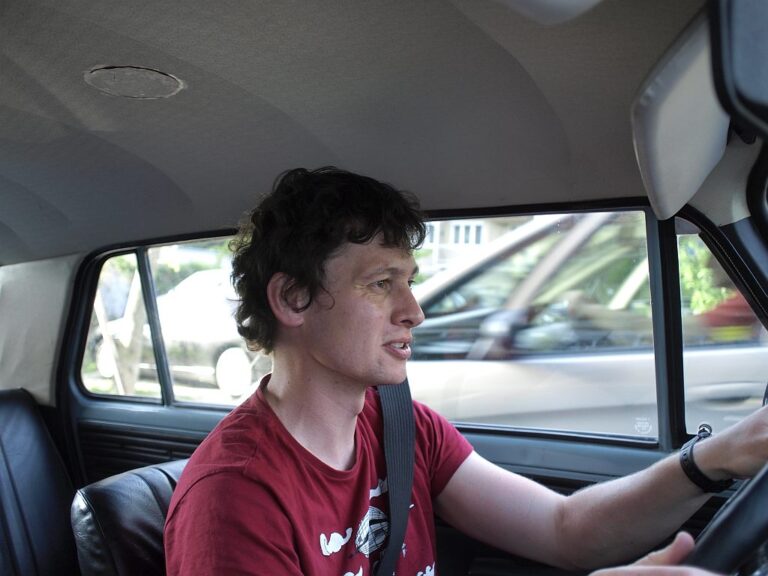 A native of Bratislava, Braňo is the Co-founder and CEO of Authentic Slovakia. Over the course of his life he has experienced many changes in his home country from the collapse of the communist regime in 1983 and Velvet Revolution of 1989 to a post-communist dictatorship lasting through 1998 and recent years of early capitalism.
A native of Bratislava, Braňo is the Co-founder and CEO of Authentic Slovakia. Over the course of his life he has experienced many changes in his home country from the collapse of the communist regime in 1983 and Velvet Revolution of 1989 to a post-communist dictatorship lasting through 1998 and recent years of early capitalism.
If you've been following my blog for a while now you'll know that one of my favorite regions on the planet is the Australian Outback. I first visited the magnificent Red Centre in 2010 while participating on a journalism exchange program in Melbourne. Camping and hiking through the otherworldly landscapes of Uluru, Kings Canyon and Alice Springs hardened me into a traveler and the bright desert sands, distinct cultures and spiritual energy of this sacred region awakened in me a desire to see the world.
In the Australian Outback the land stretches for miles and, apart from the roads, you can often drive for hours without any evidence of humanity in sight. Stretching over 520,000 square miles, the vast region is more than six times the size of the entire United Kingdom. It takes six hours by car to travel from Alice Springs, one of the larger towns and tourist hubs, to Uluru, and 15 hours to Darwin, the territory’s capital on the northern coast.
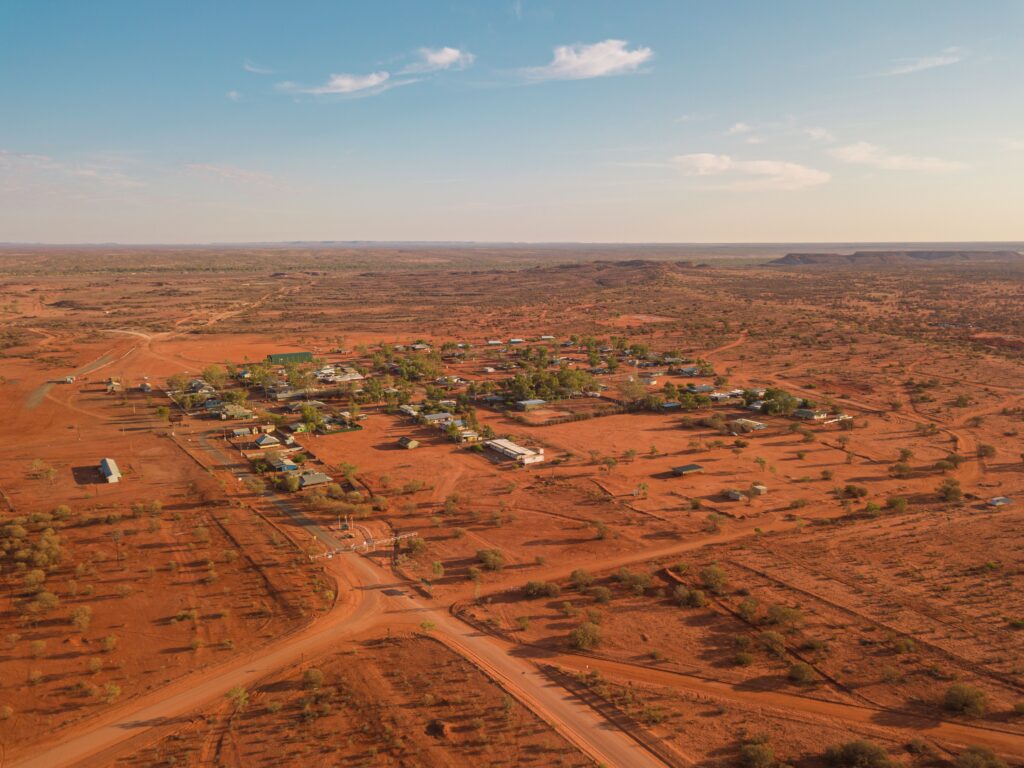
Life in the Australian Outback During the COVID-19 Pandemic
During the coronavirus pandemic Australia has taken some of the strictest lockdown measures in the world, shutting down entire cities, closing borders between states and issuing infringement notices for those who breach self-quarantine rules. This has allowed the country to manage outbreaks much more effectively than in the United States and the entire country has seen less than 1,000 deaths. However, the approach has made survival in remote regions such as the Australian Outback even more difficult as communities have been cut off from the outside world and vital supplies.This Week We’re Talking To: Christine Breaden, Australia
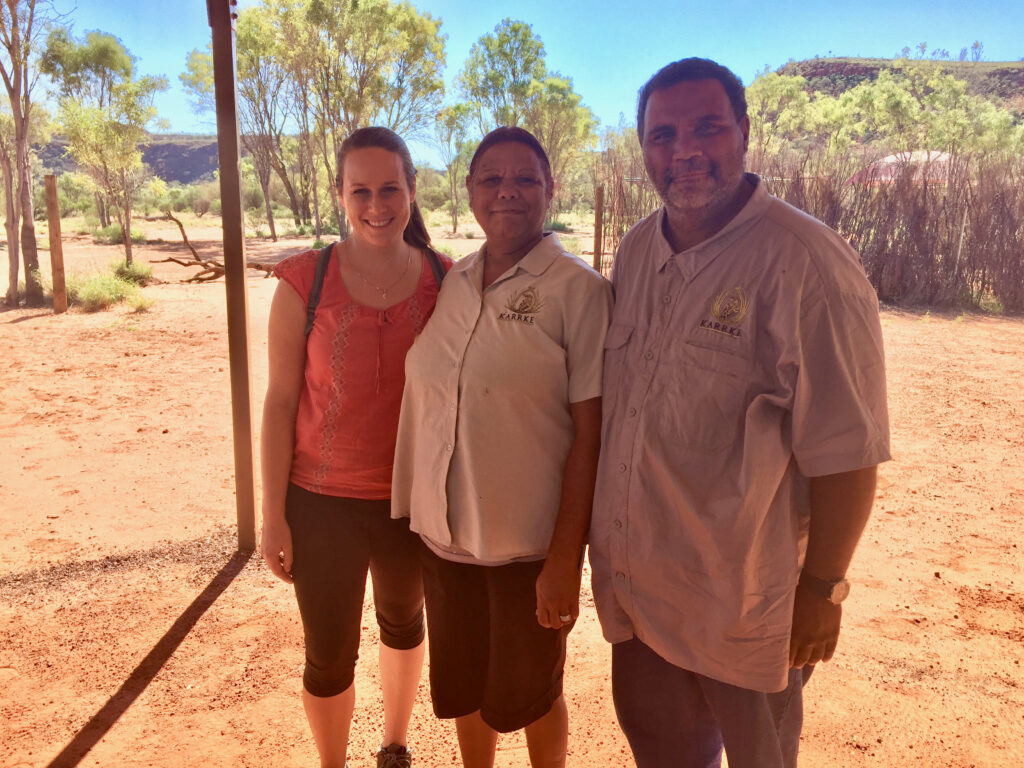 Christine Breaden is a Luritja woman representing one of the world's oldest continuous cultures. She is a multi-talented artist in dot painting, wood working and traditional branding techniques. Along with her husband Peter, she operates Karrke Aboriginal Cultural Experience and Tours, set on her ancestral land near Kings Canyon National Park. Their tourism business aims to help preserve the Luritja language, cultural knowledge and heritage for future generations.
Christine lives three and a half hours by car from the nearest city of Alice Springs. As memes about a lack of cleaning products flooded the internet last year, access to food for her family became a real issue. Read on for our letter from lockdown conversation to learn what life has been like in the Australian Outback during the COVID-19 pandemic.
Christine Breaden is a Luritja woman representing one of the world's oldest continuous cultures. She is a multi-talented artist in dot painting, wood working and traditional branding techniques. Along with her husband Peter, she operates Karrke Aboriginal Cultural Experience and Tours, set on her ancestral land near Kings Canyon National Park. Their tourism business aims to help preserve the Luritja language, cultural knowledge and heritage for future generations.
Christine lives three and a half hours by car from the nearest city of Alice Springs. As memes about a lack of cleaning products flooded the internet last year, access to food for her family became a real issue. Read on for our letter from lockdown conversation to learn what life has been like in the Australian Outback during the COVID-19 pandemic.


